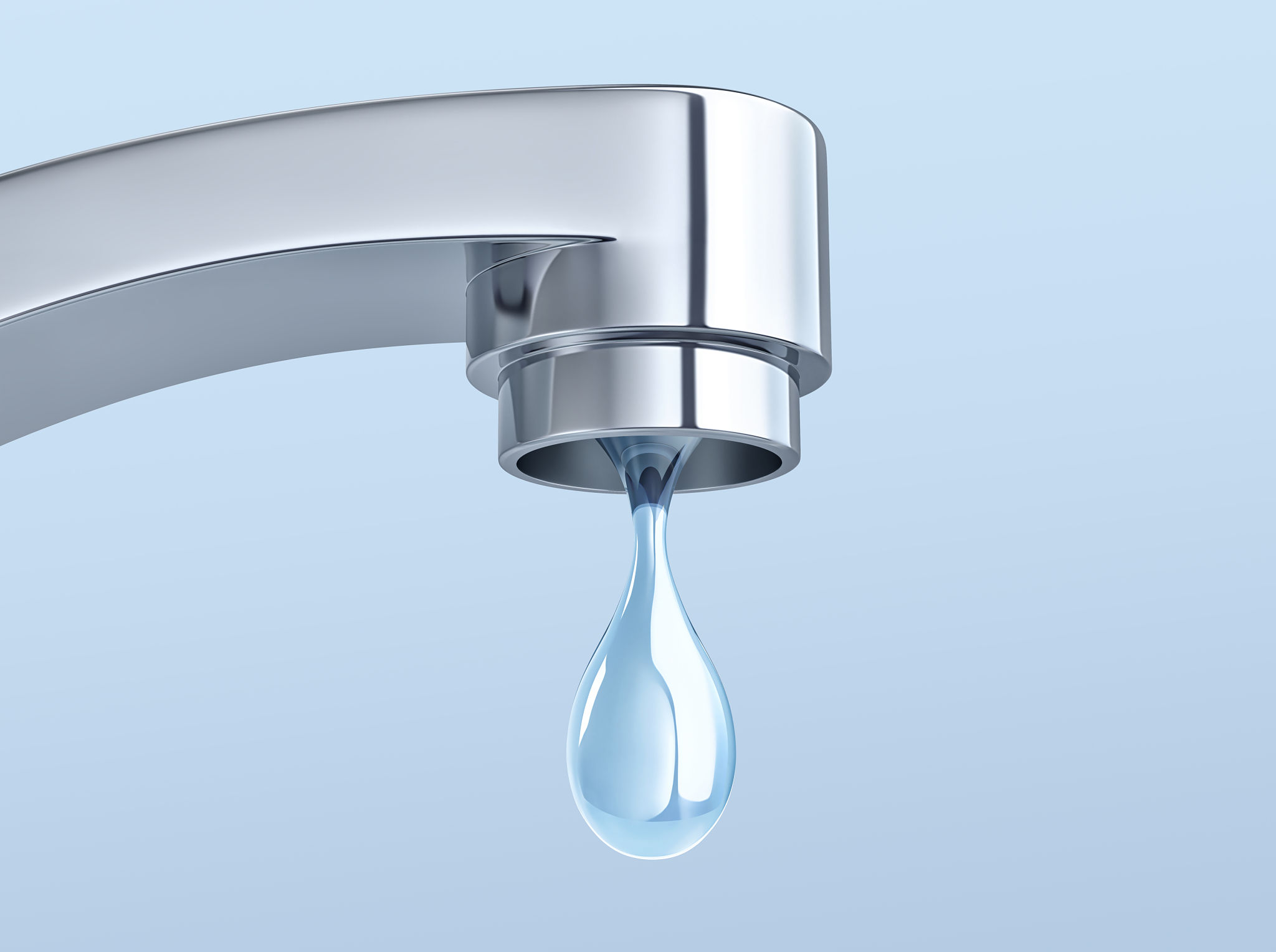Understanding Florida's Environmental Regulations: A Guide for Local Businesses
Introduction to Florida's Environmental Regulations
Florida, known for its beautiful beaches and diverse ecosystems, takes environmental protection seriously. Businesses operating in the state must adhere to a range of regulations designed to preserve these natural resources. Understanding these regulations is crucial for local businesses to ensure compliance and contribute positively to the environment.

Key Regulatory Bodies
The primary agency overseeing environmental regulations in Florida is the Florida Department of Environmental Protection (FDEP). This body is responsible for enforcing laws related to air quality, water resources, waste management, and land use. Additionally, regional water management districts play a crucial role in managing Florida's water resources.
Businesses may also need to comply with federal regulations enforced by the Environmental Protection Agency (EPA). Understanding the interplay between state and federal rules is essential for comprehensive compliance.
Water Management and Conservation
Water is a vital resource in Florida, and conservation is a top priority. Businesses must adhere to regulations on water use and wastewater disposal. The FDEP sets standards for water quality and oversees permitting processes for activities that may impact water bodies.
Businesses should implement water-saving practices, such as using low-flow fixtures and recycling water where possible. Compliance not only helps protect the environment but can also reduce operational costs.

Waste Management and Recycling
Effective waste management is another essential aspect of Florida's environmental regulations. The state encourages businesses to minimize waste through recycling and reuse programs. Proper disposal of hazardous waste is strictly regulated to prevent contamination of soil and water.
Businesses can improve their waste management practices by conducting regular audits, training staff on best practices, and creating a culture of sustainability within the organization.
Air Quality Regulations
Florida's air quality regulations aim to reduce pollution and protect public health. Businesses are required to monitor emissions and implement control measures to minimize their impact on air quality. The FDEP issues permits for activities that emit pollutants, ensuring that businesses adhere to established limits.

Best Practices for Compliance
To ensure compliance with Florida's environmental regulations, businesses should consider adopting the following best practices:
- Stay Informed: Regularly review updates from regulatory bodies to stay current with changes in legislation.
- Conduct Environmental Audits: Periodically assess your business's environmental impact and identify areas for improvement.
- Engage Experts: Consult with environmental experts or legal advisors to navigate complex regulations effectively.
The Benefits of Compliance
Adhering to environmental regulations offers numerous benefits beyond legal compliance. Businesses that prioritize sustainability can enhance their reputation, attract environmentally conscious customers, and potentially benefit from financial incentives offered by government programs.
Ultimately, understanding and complying with Florida's environmental regulations is not just a legal obligation—it is a commitment to preserving the state's natural beauty for future generations.